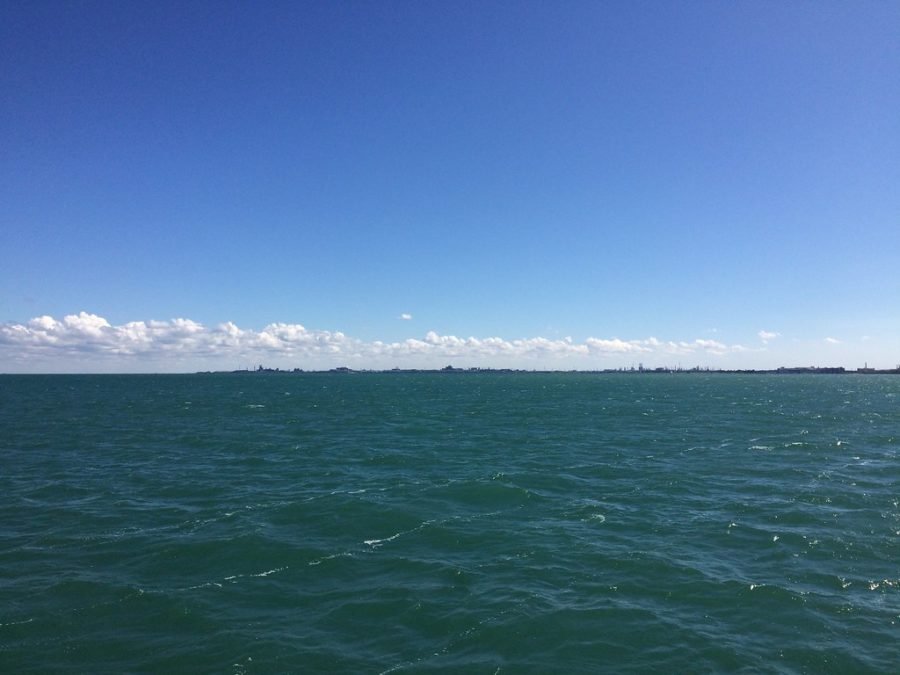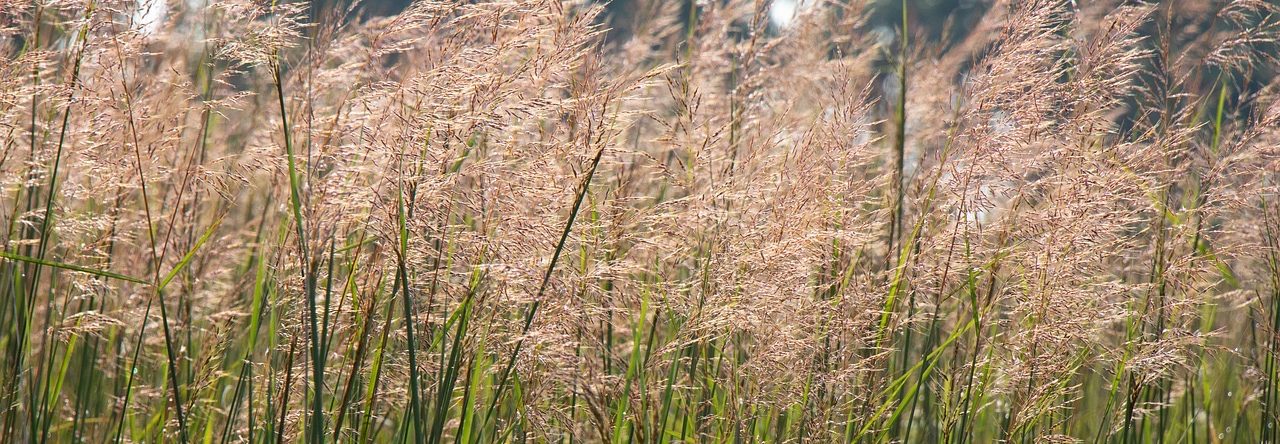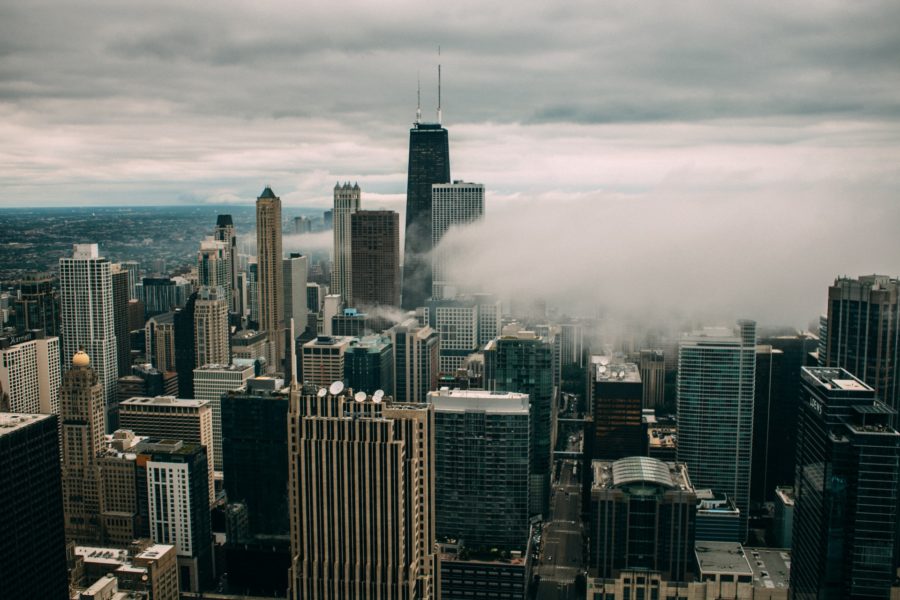In 2019, Chicago’s average air quality index (AQI) was 52 (“moderate”).[1] The Environmental Protection Agency (EPA) defines “moderate” air quality as acceptable air quality, but for some pollutants, there may be a moderate health concern to a small number of individuals.[2] AQI ratings are calculated by weighing six key criteria pollutants for their risk to health: (1) ozone, (2) particulate matter, (3) carbon monoxide, (4) nitrogen dioxide), (5) sulfur dioxide, and (6) lead.[3] Particulate matter includes both PM10 and PM2.5, which are the numbers referring to the particle’s diameter in micrometers.[4]
Tag: City of Chicago

The city of Joliet (“City”), the fourth largest city in Illinois, has decided to secure its drinking water from Chicago instead of Hammond, Indiana.[i] Joliet has historically been dependent on groundwater, pumping from the Ironton Galesville aquifer at an unsustainable rate.[ii] The City has known since the 1960s that the pumping rate exceeds the rate of recharge into the aquifer.[iii] Estimates show the aquifer will likely run dry by the year 2030, forcing the City to seek out alternatives.[iv]
Joliet examined fourteen alternative water sources in Phase I of its exploration.[v] During Phase II, five sources were studied in more detail to replace the existing water source in Joliet, including several municipal Lake Michigan intake systems and the Kankakee and Illinois Rivers.


